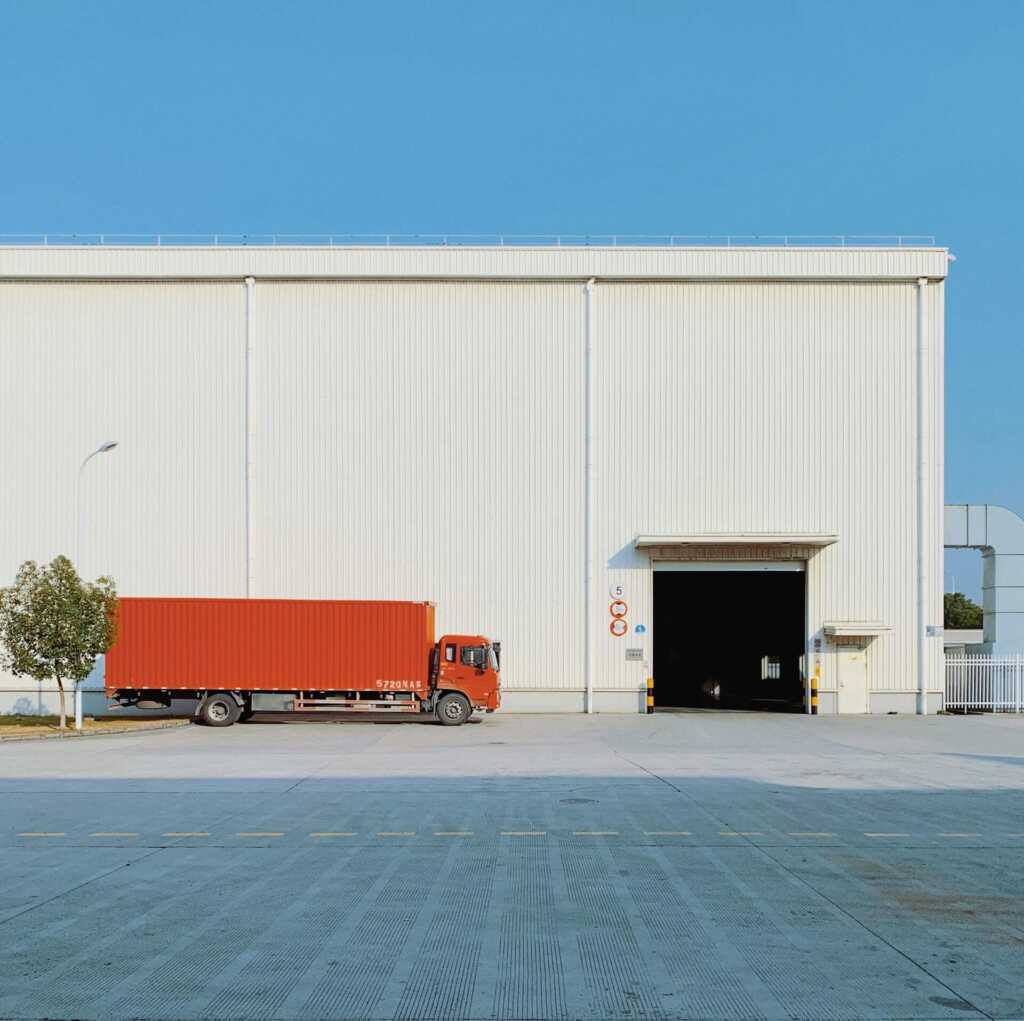Determining fault in a truck accident involves navigating a complex web of factors and regulations. Unlike accidents involving only passenger vehicles, truck accidents may involve multiple parties, including the driver, trucking company, vehicle manufacturers, and others. The process of identifying who is at fault requires a meticulous examination of witness statements, vehicle damage, and compliance with federal and state trucking regulations. This process is crucial for ensuring that victims receive fair compensation and that responsible parties are held accountable for their actions.

Consulting a Lawyer
If you’ve been in an accident involving a truck, it’s really important to talk to a lawyer who focuses on these cases. A lawyer who knows what they’re doing and has dealt with similar situations before will know how to look into what really happened and figure out who’s at fault. They can also help make sure your rights are protected and fight for you when dealing with insurance companies or whoever else was part of the accident.
A lawyer can also help you navigate the legal process and ensure that all necessary evidence is gathered to support your case. This may include obtaining trucking company records, driver logbooks, and other important documents. Whether it’s an Austin truck accident lawyer or a lawyer in another city or state, they will have the necessary expertise to handle your case. To ensure that vital evidence is not lost or destroyed, it’s best to seek legal cousel as soon as possible after the accident.
Evaluating Driver Responsibility
Understanding the role of the driver in a truck accident is paramount. Often, driver error, such as fatigue, distraction, or violation of traffic laws, is a significant factor. A detailed investigation into the driver’s actions before the accident — including examining logbooks for hours of service violations, analyzing mobile phone records, and conducting interviews — can provide insights into potential negligence.
The background and training of the truck driver are also scrutinized. Proper licensing, adherence to regulatory training, and a clean driving record are essential components that help determine if driver incompetence contributed to the accident. Driver responsibility is a crucial aspect of building a case for negligence or fault in these complex scenarios.
Trucking Company Accountability
The trucking company’s role in an accident can’t be underestimated. These entities are responsible for maintaining their fleet, ensuring their drivers comply with regulations, and enforcing safe driving practices. Investigations often reveal lapses in these areas, such as inadequate vehicle maintenance or pressure on drivers to bypass safety regulations to meet tight delivery schedules.
The company’s hiring practices may come under scrutiny. It’s vital to investigate whether they have properly vetted their drivers for experience and safety records or if they have cut corners in their hiring process. This examination can reveal systemic issues within the company that contribute to accidents, strengthening the case against them.
Vehicle Maintenance and Defects
Regular maintenance and inspection of trucks are mandatory to ensure their safe operation. Not following the proper requirements can lead to critical mechanical failures, such as brake failures or tire blowouts, which can cause severe accidents. Detailed inspections of the truck’s maintenance records and the wreckage can provide evidence of negligence in this area.
In some cases, the fault may not lie with the truck’s operation but with inherent defects from the manufacturer. If a vehicle’s design or manufacturing defect contributed to the accident, the manufacturer might be held liable. This area requires expert analysis of the truck’s components and any recalls or known issues with the truck model involved in the accident.
Role of External Factors
External factors, such as weather, traffic signals, or road conditions, can also play a significant role in truck accidents. Poor road maintenance or inadequately marked construction zones can lead to accidents that may not be the direct fault of the driver or the trucking company. Analyzing the accident scene, weather reports, and traffic camera footage can provide essential insights into these contributing factors.
Equally, the conduct of other drivers involved in the accident must be considered. Actions like swerving unexpectedly in front of a truck, braking suddenly, or driving under the influence can significantly contribute to an accident. In these cases, fault may be shared among multiple parties, complicating the determination of liability.
Legal and Regulatory Compliance
Trucking operations are subject to a strict set of federal and state regulations, including the Federal Motor Carrier Safety Administration (FMCSA) rules. Compliance with these regulations is not negotiable. A thorough investigation will include examining logbooks for compliance with hours-of-service regulations, proper loading of cargo, and adherence to weight limits.
Violation of any regulatory compliance can be a strong indicator of fault. Legal experts often rely on these violations to build a case against the responsible party. Attorneys may also examine training records and safety audits to ensure that both the driver and the trucking company were not only aware of but also adhered to, all necessary safety standards and operational regulations.
Navigating Insurance Claims
Dealing with the insurance claims process after a truck accident can be a daunting challenge for the victims involved. Insurance companies, representing the interests of their policyholders, may attempt to minimize payouts or deny claims altogether. This is where the expertise of a qualified lawyer becomes invaluable. An attorney with experience will make sure your case is looked at properly and you get paid what you should.
They understand the tactics used by many insurance companies and can counter these effectively, advocating for your rights every step of the way. In complex truck accident cases, multiple insurance policies may come into play, including those of the trucking company, the driver, and possibly other involved parties. Deciphering the applicable policies, along with understanding policy limits and exclusions, requires a detailed and nuanced approach.

Determining fault in a truck accident requires extensive knowledge and experience, coupled with thorough investigation and evidence gathering. It’s not a task for the inexperienced or unqualified. Seeking legal counsel from a specialized lawyer is important if you’re looking to hold someone accountable or get compensation for losses. Don’t hesitate to reach out to an experienced truck accident lawyer.
Your rights and future may depend on it. Keep yourself informed about trucking regulations and laws, and always prioritize safety on the road to avoid accidents from occurring in the first place. With proper precautions and legal support when needed, we can make driving better for everyone.





